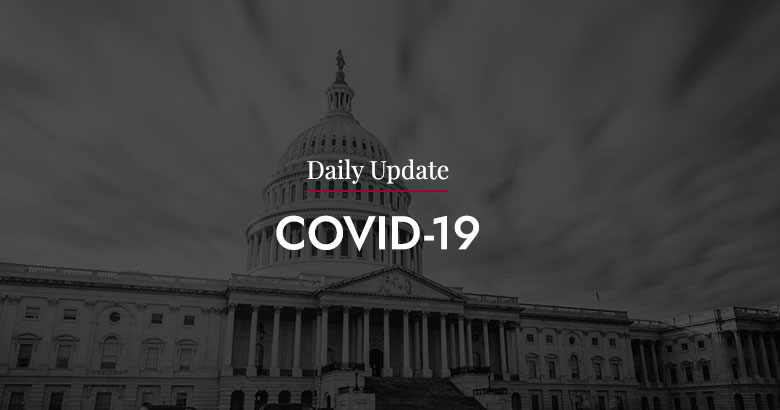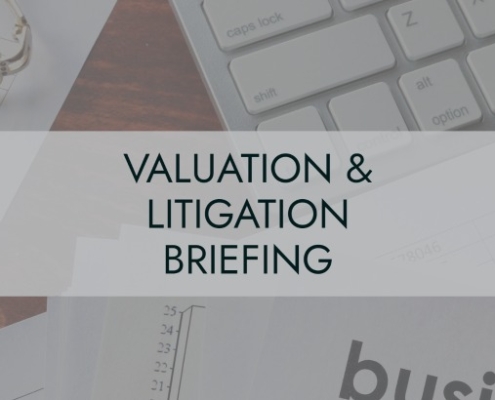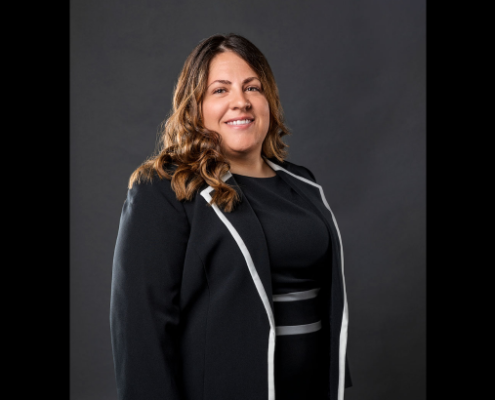IRS Form 7200 Now Available for Employers Taking the Employee Retention Credit, Family Leave or Sick Leave Credit Due to COVID-19
On March 31, 2020, the IRS published instructions for eligible employers of businesses and tax-exempt organizations with fewer than 500 employees to claim refundable tax credits by completing Form 7200 for advanced payment of employer credits due to COVID-19 including qualified sick and qualified family leave wages and the employee retention credit. As stated in the Families First Coronavirus Response Act (FFCRA), these employers are required to provide qualified sick leave wages and qualified family leave wages. The employers will also receive credit for qualified health plan expenses allocated to the qualified leave wages and the employer’s share of Medicare taxes on the qualified leave wages. The credits may be claimed by eligible employers based on the qualifying leave wages paid between the period of April 1, 2020 and December 31, 2020.
Please note that self-employed individuals cannot use Form 7200 to request for an advance payment of the credits for sick and family leave.
Employers are not required to file Form 7200. Instead of filing Form 7200, employers should first reduce their employment tax deposits to account for the credits. Employers can request the amount of the credit that exceeds their reduced deposits by filing Form 7200 or waiting to get a refund when they claim the credits on their employment tax return. Each business will need to determine what will work best for their specific situation as to the frequency of filing a Form 941 or filing a Form 7200 in order to claim their credit.
Employers may file Form 7200 for an advance payment of the credits anticipated for a quarter at any time before the end of the month following the quarter in which you paid the qualified wages. Form 7200 may be filed several times during each quarter. Keep in mind that you should not file Form 7200 after filing Form 941 for the fourth quarter of 2020, or filing Forms 943, 944, or CT-1 for 2020. Employers should not file to request an advance payment for any anticipated credit if deposits have already been reduced.
Employer tax credits for qualified sick leave wages and retention of employees due to a government order or due to a significant decline in gross receipts during suspension of operations applies to wages paid after March 12, 2020 and before January 1, 2021. Credits due to a significant decline in gross receipts are less than 50% of what they were in the same calendar quarter in 2019 and ending with the quarter that follows the first quarter beginning after the quarter in which your gross receipts were greater than 80% of what they were in the same calendar quarter in 2019.
How To Proceed
We urge employers to contact your payroll providers to ensure that their payroll will be setup to begin handling the credit through “Federal tax deposit reductions.” Also, please make certain to be careful not to double-dip by using the employer retention credit and the payroll protection loan.
As always, if you have any questions or need assistance in anyway, our team is available to speak with you at 215-675-8364.
Important links:
Form 7200: https://www.irs.gov/pub/irs-pdf/f7200.pdf
Instructions for Form 7200: https://www.irs.gov/pub/irs-pdf/i7200.pdf
DISCLAIMER: The WM Daily Update COVID-19, COVID-19 Business Resources and COVID-19 Client News Alerts and other related communications are intended to provide general information on legislative COVID-19 relief measures as of the date of this communication and may reference information from reputable sources. Although our firm has made every reasonable effort to ensure that the information provided is accurate, we make no warranties, expressed or implied, on the information provided. As legislative efforts are still ongoing, we expect that there may be additional guidance and clarification from regulators that may modify some of the provisions in this communication. Some of those modifications may be significant. As such, be aware that this is not a comprehensive analysis of the subject matter covered and is not intended to provide specific recommendations to you or your business with respect to the matters addressed.




 Wouch Maloney
Wouch Maloney
